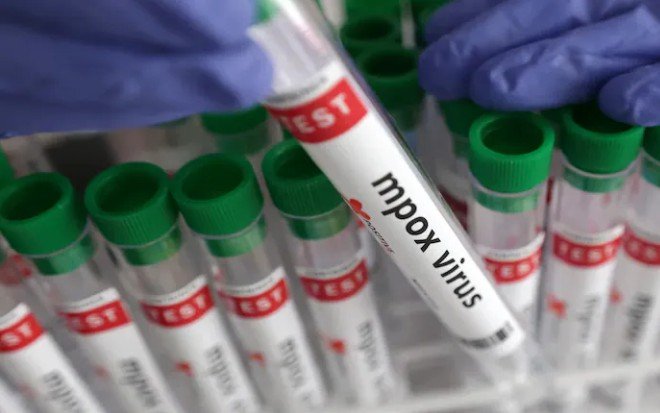The World Health Organization (WHO) has announced that the mpox (monkeypox) outbreak in Africa is no longer considered a global health emergency. After reviewing the situation, WHO’s Emergency Committee decided that the spread of mpox in several African countries has decreased enough to lift the emergency status. WHO Director-General Tedros Adhanom Ghebreyesus confirmed this decision during a media briefing.
Tedros explained that the decision was based on a steady decline in mpox cases and deaths in countries like Congo, Burundi, Sierra Leone, and Uganda. He also mentioned that experts now better understand how mpox spreads, what puts people at risk, and that affected countries have improved their ability to manage the situation.
However, WHO clarified that ending the emergency declaration doesn’t mean the threat of mpox is gone. The organization will continue to monitor the situation closely. The Africa CDC (Centers for Disease Control and Prevention) still considers mpox a serious issue across the continent and has labeled it a “public health emergency” there. There is always a chance of new outbreaks, so public health officials remain vigilant and continue surveillance.
Protecting vulnerable groups, especially young children and people living with HIV, remains a priority. Mpox is a viral disease that spreads from animals to humans. Early symptoms include fever, headache, muscle aches, and swollen lymph nodes, which can later develop into rashes on the face and body. Most people recover in a few weeks, but some may face severe illness or even death.
Since May 2022, mpox cases have been reported in over 100 countries worldwide. Despite the decline in some regions, outbreaks still occur, and vigilance is essential to prevent further spread. Recent reports from Africa indicate that some countries like Ghana, Liberia, Kenya, Zambia, and Tanzania are experiencing new surges, even as weekly cases decrease overall.
In August last year, WHO declared mpox a Public Health Emergency of International Concern (PHEIC) because of its rapid spread outside Africa. Now, with the decline in cases in some areas, WHO is adjusting its emergency status but emphasizes the need for ongoing efforts to control the virus and protect communities.



